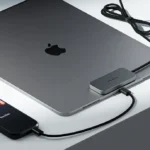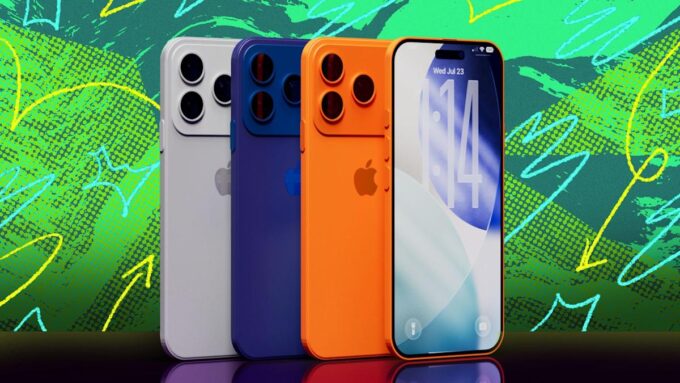Health and Human Services Secretary Robert F. Kennedy Jr. has launched a bold initiative as part of his “Make America Healthy Again” agenda: he wants every American to wear a digital health device within four years. During recent Congressional hearings, Kennedy emphasized that wearables—ranging from smartwatches and rings to continuous glucose monitors—can empower individuals to track their health, make informed lifestyle choices, and potentially reduce chronic disease rates. He believes that such devices put vital health information and responsibility directly in the hands of the public, and has promised “one of the biggest advertising campaigns in HHS history” to encourage widespread adoption.Supporters say wearables can motivate people to increase their physical activity, improve sleep habits, and better manage conditions like diabetes and heart disease. The most advanced trackers monitor data well beyond step counts, including vital signs, blood glucose, sleep patterns, and more—sometimes even detecting serious medical conditions such as atrial fibrillation. Kennedy has cited anecdotal successes, noting friends who lost significant weight or reversed diabetes by using continuous glucose monitors.However, critics and experts caution that the benefits of wearables may be overstated. While these gadgets collect a wealth of health data, they do not automatically make users healthier—true improvement depends on sustained lifestyle changes. Some digital medicine experts warn that wearables might contribute to unhealthy obsessions over metrics, spark anxiety, or even encourage disordered eating. Privacy advocates have flagged significant concerns as well: sensitive health information collected by wearables is vulnerable to data breaches, and may be sold to advertisers, researchers, or third parties without users’ full consent.Kennedy has acknowledged that not all Americans will be able or willing to adopt wearables due to cost and privacy concerns. The proposed campaign is focused on educating people and popularizing these devices as modern tools for health, rather than mandating their use or providing them at no cost. Concerns remain, particularly around the need for strong safeguards to protect user data, and the broader question of whether widespread wearable adoption will genuinely improve public health—or simply serve commercial interests of tech companies hoping for a government-driven boost in sales
Source: The Verge reports that RFK Jr.’s MAHA plan to give every American a wearable health tracker raises concerns over mental health risks, disordered eating, and ethical implications.








Leave a comment